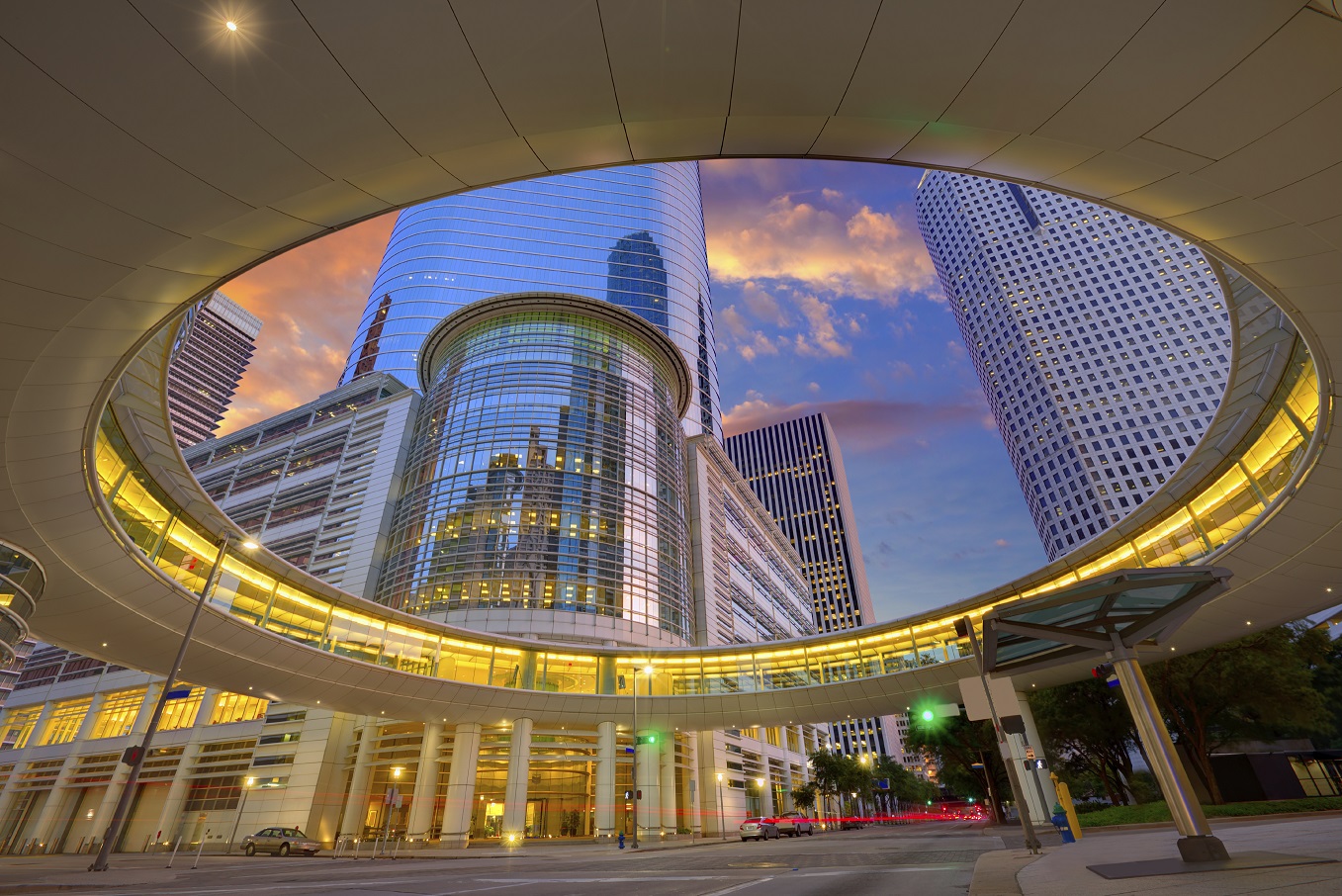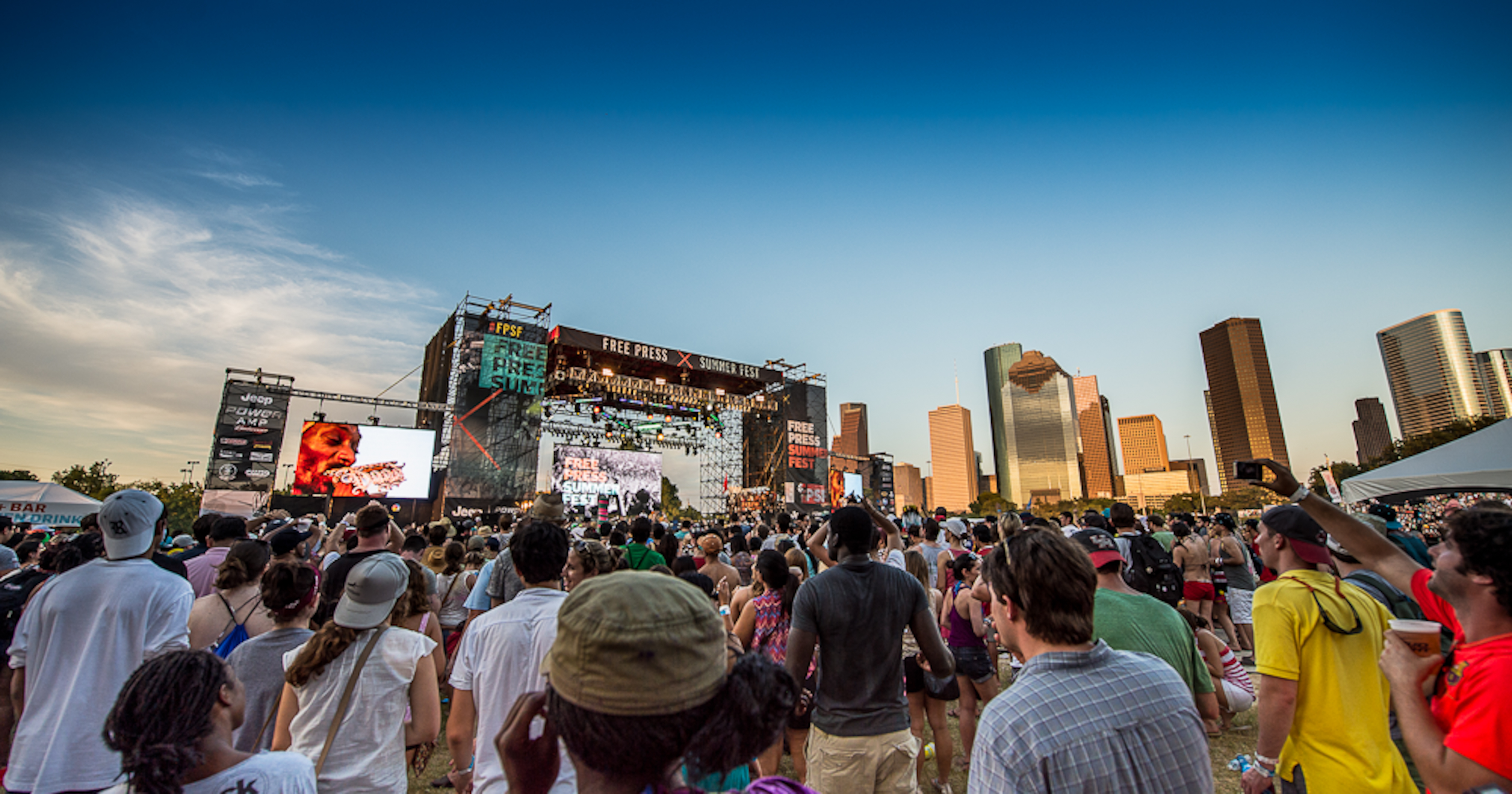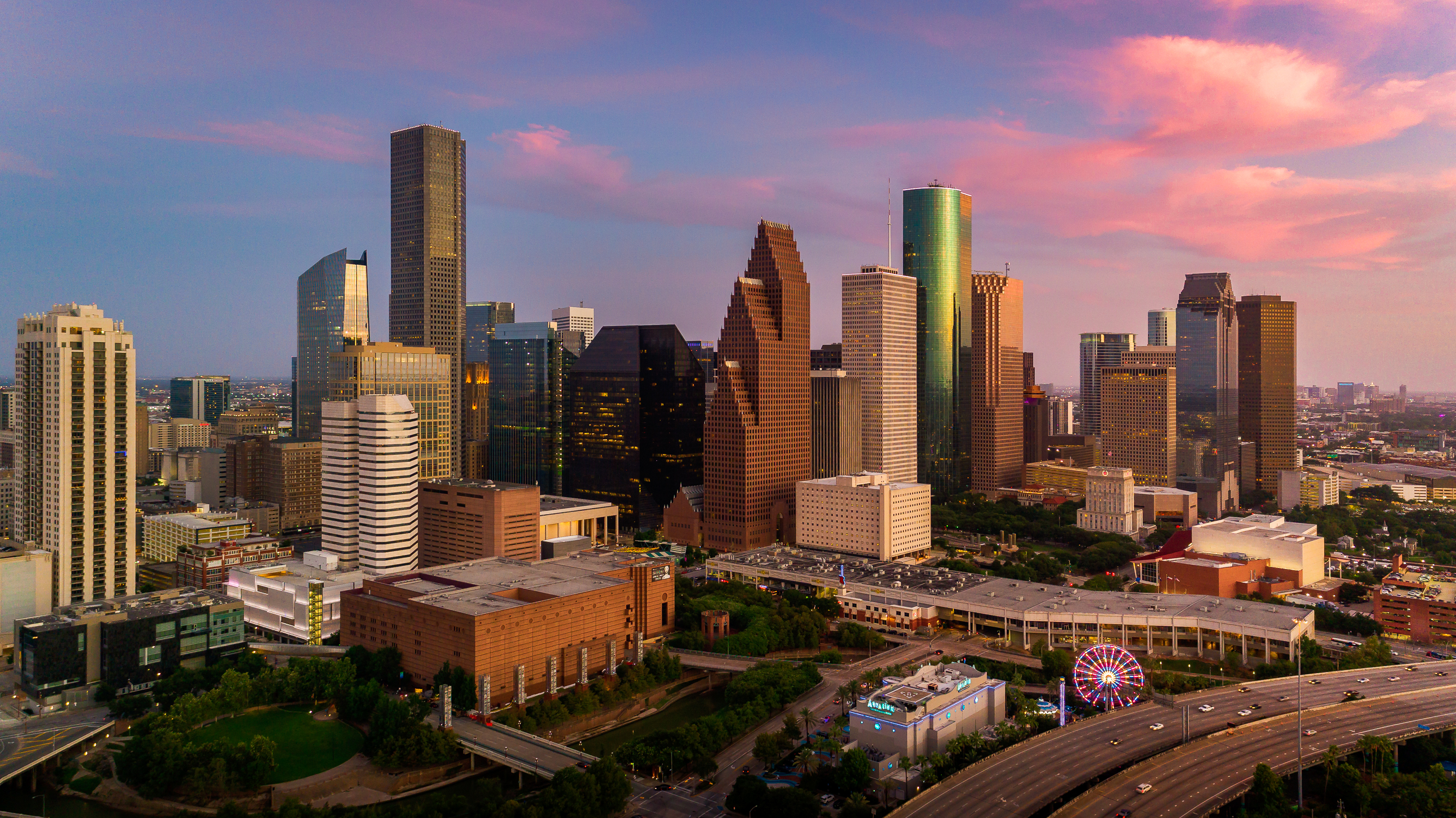Nearly 1 in 4 Houston Companies Say They Will Require COVID Vaccination
Published Sep 03, 2021 by A.J. Mistretta
Following the recent rise in new COVID-19 cases and hospitalizations in the Houston region, 23% of member companies polled by the Partnership say they are currently or will soon require at least some of their employees get vaccinated. Another 30% of respondents say they do not currently have a mandate but are considering one, while the remaining 46% said they are not contemplating a mandate.
The Partnership surveyed its member companies in a poll conducted over the last week. A total of 147 companies responded covering a cross section of industries, from energy and finance to manufacturing and professional services. Sixty-three percent of the respondents have 50 or more employees and 29% have more than 500 employees.
The number of companies now planning a vaccine requirement is up markedly since early June when the Partnership last surveyed its members on COVID. At that time, just 8% of companies were instituting an employee mandate.
Of the companies that have implemented or announced a vaccine mandate and answered a question about repercussions, 35% indicated that termination will be the penalty for noncompliance. But roughly 22% said they would attempt to work with the employees to find solutions, including extended work-from-home and other measures.
Among the companies that responded to a question about the incentives they are using to encourage vaccinations, 16% said they are offering employees monetary rewards while roughly 60% said vaccinated employees have more freedoms when in the office, such as not being required to wear a mask. Twelve percent said extra time off was one of the tools they are using. Respondents were able to select all options that applied to their policies.
“We are pleased to see an increasing number of companies in our region now considering vaccine requirements,” said Partnership President and CEO Bob Harvey. “In addition to any penalties for noncompliance among employees, it’s important that companies are considering further incentives to gain compliance. Employers need to look at every tool in the toolbox and determine what works best for their employees to keep everyone healthy and safe.”
Among the 46% of companies saying they will not institute a vaccine mandate, reasons cited include concerns over turnover, confidence in other safety measures (such as masks and the ability to work from home) and prioritizing personal choice.
Breaking down the numbers further, of the companies that said they currently have instituted or announced a vaccine requirement:
- 17% require all employees to be vaccinated or have set a deadline for receiving the vaccine
- 11% current requirement
- 6% upcoming
- 7% require some employees to be vaccinated or have set a deadline
- 3% current requirement
- 4% upcoming
 The Houston Report
The Houston Report





















